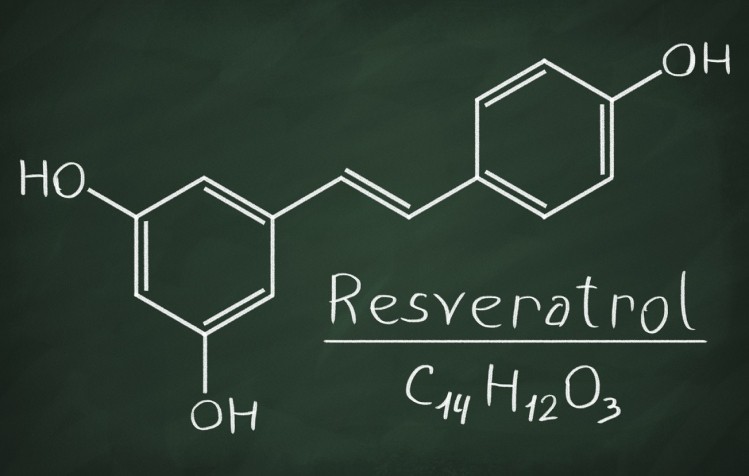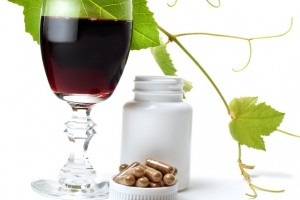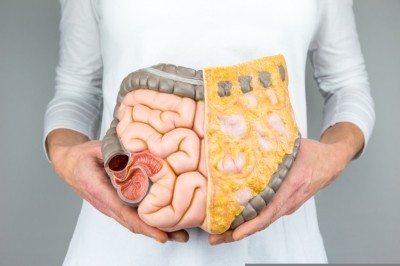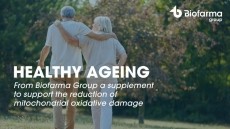Resveratrol shows metabolic and brain signaling benefits: Study

Scientists from the University of Kentucky and the University of Louisville used proteomic methods to identify changes in the expression of 12 specific proteins in brains of adult male rhesus monkeys.
“The functions of these proteins vary greatly but all can be considered contributing to the proper functioning of biological systems such as metabolism, structural integrity, neurotransmission, and cellular signaling,” they wrote in The Journal of Nutritional Biochemistry.
“Resveratrol's greatest effects reportedly occur within a metabolically impaired state such as obesity and diabetes, while healthy individuals benefit less.”
While resveratrol was associated with some potential beneficial changes, it did not reverse all of the potentially harmful effects of a high fat and sugar diet, wrote the researchers.
Resveratrol
The study adds to the ever growing body of science supporting potential health benefits of resveratrol, a powerful polyphenol and anti-fungal chemical often touted as the bioactive compound in grapes and red wine.
Interest in the polyphenol exploded in 2003 when research from Dr David Sinclair and his team from Harvard reported that resveratrol was able to increase the lifespan of yeast cells. The research, published in Nature, was greeted with international media fanfare and ignited flames of hope for an anti-aging pill.
According to Sinclair’s findings, resveratrol could activate a gene called sirtuin1 (Sirt1 – the yeast equivalent was Sir2), which is also activated during calorie restriction in various species, including monkeys.
A lot of research has focused on the compound’s potential cardiovascular benefits, given resveratrol’s association with the so-called 'French Paradox': The phrase was coined in 1992 by Dr Serge Renaud from Bordeaux University to describe the low incidence of heart disease and obesity among the French, despite their relatively high-fat diet and levels of wine consumption.
Study details
The new study from scientists in Kentucky included 23 adult male monkeys randomly assigned to one of three groups: A control group fed a healthy diet; a negative control group fed a diet high in fat and sugar; and the high fat and sugar diet with supplemental resveratrol for two years. The resveratrol (DSM Nutritional Products) was provided at a dose of 80 mg per day for the first year and increased to 480 mg per day for the second year.
“Using proteomics, we have identified a number of proteins with differential expression in the parietal lobule of adult male rhesus monkeys fed [a control, high fat and sugar, or high fat and sugar diet plus resveratrol] diets over a duration of two years,” wrote the researchers.
“Our findings suggest potential improvements in energy metabolism, efficiency of canonical cell signaling pathways, and neurotransmission with [resveratrol] supplementation to an [high fat and sugar] diet.
“Our studies contribute to the understanding of the changes occurring in the proteome of the dietary-impaired parietal lobule of non-human primates given resveratrol supplementation,” they concluded.
Source: The Journal of Nutritional Biochemistry
Volume 39, Pages 169-179, doi: 10.1016/j.jnutbio.2016.10.006
“Comparative proteomic analyses of the parietal lobe from rhesus monkeys fed a high-fat/sugar diet with and without resveratrol supplementation, relative to a healthy diet: Insights into the roles of unhealthy diets and resveratrol on function”
Authors: A.M. Swomley, et al.
















